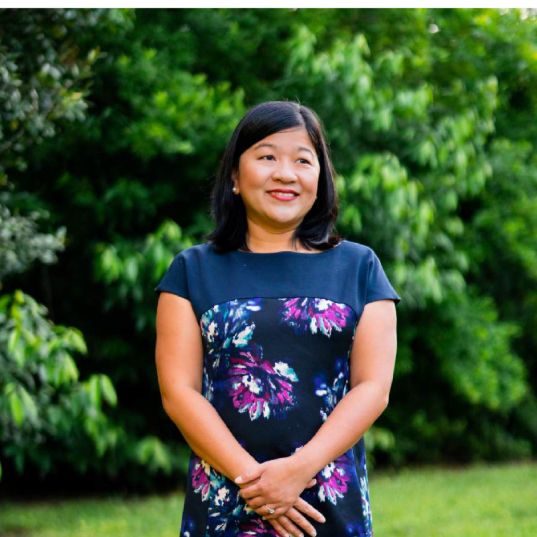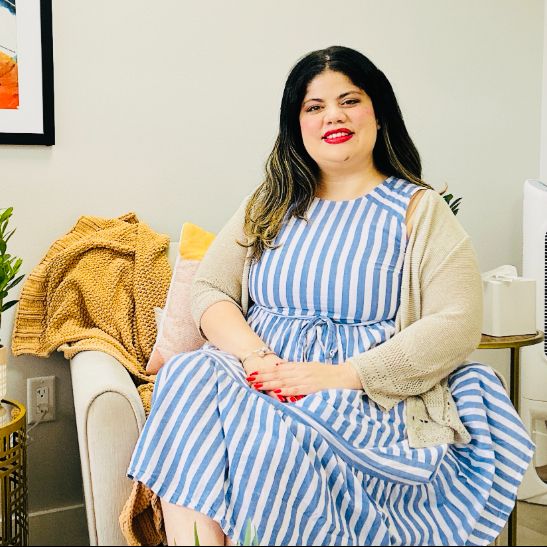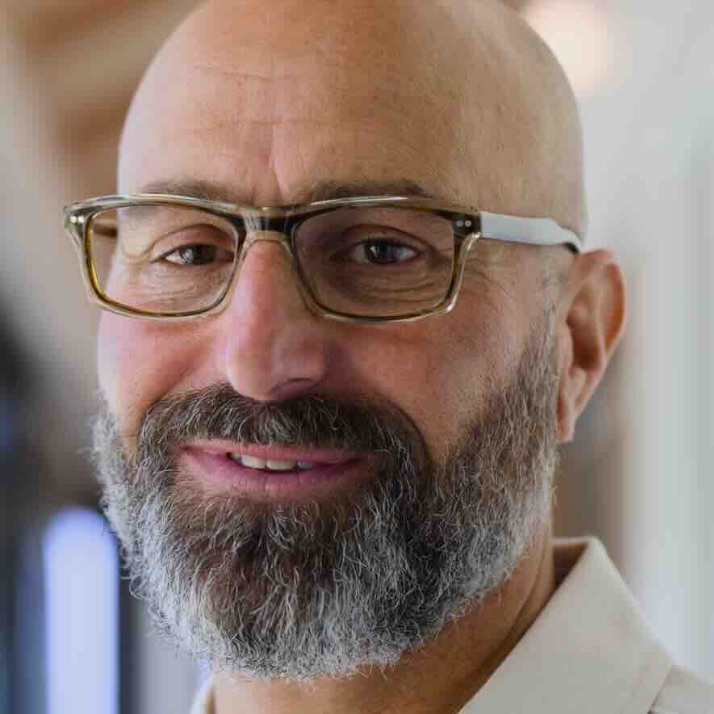Everyday Impact of Self-Esteem
Low self-esteem can make everyday moments in Miami feel heavier, like doubting yourself during a meeting in Brickell or hesitating to speak up with friends in Wynwood. You might second-guess messages after a date on South Beach or feel anxious about how you look at the beach or the gym. It can show up at home too, avoiding tough conversations with family in Little Havana or feeling unworthy of asking for help. If this sounds familiar, you’re not alone—many people here feel this way and deserve support.
How to Recognize Self-Esteem
- You often doubt yourself, put yourself down, or feel like you’re “never enough,” even when friends or coworkers in Miami say you’re doing well.
- You compare yourself to others on social media or at the beach, focusing on looks, status, or nightlife plans, and feel like you don’t measure up.
- You avoid speaking up at work or school, skip networking or community events in places like Brickell or Little Havana, or turn down new opportunities because you’re afraid of failing.
- Compliments are hard to accept—you might brush them off, apologize a lot, or feel uncomfortable when others notice your strengths.
- You aim for perfection with your fitness, style, or goals, feel stressed by traffic or cost-of-living pressures, and blame yourself harshly when things don’t go as planned.
Contributing Causes and Risk Factors
Self-esteem is shaped by many factors, including biology such as genetics, brain chemistry, and hormonal changes that influence mood and stress responses. Psychological contributors like past trauma, harsh self-criticism, perfectionism, and learned beliefs also play a role. Environmental influences in Miami—family dynamics, cultural and academic pressures, social media, discrimination, and financial or housing stress—can further impact how you see yourself. Self-esteem challenges are multifactorial and not a personal weakness; understanding these influences can foster compassion and support.
Treatment and Recovery Options
Evidence-based therapies can help you build lasting self-worth and confidence. Cognitive Behavioral Therapy (CBT) challenges negative self-talk and teaches skills to replace it with balanced, realistic thinking. Acceptance and Commitment Therapy (ACT) helps you defuse from harsh inner critics while taking values-based actions that reinforce a stronger sense of self. Compassion-Focused Therapy (CFT) and schema-focused work target shame and long-standing beliefs, promoting self-kindness and healthier narratives. Group therapy and interpersonal therapy provide corrective relational experiences that strengthen identity and assertiveness. Proven, structured approaches like these consistently improve self-esteem and quality of life.
Miami offers many practical supports to keep you moving forward. NAMI Miami-Dade hosts free peer-led groups and classes where you can practice skills and receive encouragement. Jackson Health System and the University of Miami Psychological Services Center provide accessible counseling options, including low-cost services. Miami-Dade Public Library, community centers, and Parks & Recreation regularly offer wellness workshops, mindfulness sessions, and fitness classes that boost mood and self-efficacy. HandsOn Miami and local mentorship or professional development programs create opportunities to build strengths, purpose, and social connection. Start by scheduling a consultation, joining a group this week, and setting one small daily self-care habit to build momentum.
Why Professional Guidance Matters
Working with a licensed clinician can help you build lasting self-esteem skills through evidence-based strategies and consistent support, whether in person or via telehealth. Licensure ensures your provider meets rigorous training and ethical standards, which is critical for quality care and safety. Many licensed clinicians accept insurance, helping make treatment more affordable. MiResource helps people in Miami filter for licensed, in-network providers—including telehealth options—so you can find the right fit faster.
Where to Begin Your Therapist Search in Miami
Start by typing “Self-Esteem” into the MiResource directory to see Miami therapists who focus on this concern. Use filters to narrow by specialty and therapy approach, so you find providers who match your goals and style. Refine further by insurance, preferred language, and current availability to make scheduling and access easier. You can also filter by Miami neighborhoods to find someone close to home, work, or school. Remember, the most important factor is personal fit—choose the therapist who feels right for you. Explore the MiResource directory now to find the right Self-Esteem therapist in Miami.
Local Support and Community Connections
Building self-esteem in Miami often means navigating cultural layers—Spanish- and Haitian Creole–speaking families, strong immigrant and LGBTQ+ communities, and the pressure of a high-visibility, hospitality-driven economy. Neighborhoods like Little Havana, Hialeah, Little Haiti, and Overtown have trusted community hubs where bilingual counselors understand family dynamics, faith, and stigma, while students and young professionals cluster around Coral Gables, Brickell, and Doral with different stressors. Plan around traffic on I‑95, US‑1, and the Dolphin/Palmetto (836/826), and the causeways to Miami Beach; many providers near Civic Center, Government Center, and Dadeland are reachable via Metrorail/Metromover and major Metrobus routes, with some offering evening hours and telehealth to reduce commute barriers.
Local resources that support self-worth and resilience include Citrus Health Network (Hialeah), Banyan Health Systems, Jessie Trice Community Health System, Camillus House (adults, housing-insecure), Lotus House (women/children), Jewish Community Services of South Florida (including 211 Miami), The Alliance for GLBTQ Youth, NAMI Miami-Dade (peer groups), and Miami-Dade County Community Action and Human Services behavioral health clinics. Students can access counseling at FIU CAPS, UM Counseling Center, and Miami Dade College services. For urgent help, call/text 988 or dial 911; major hospitals with behavioral health or crisis services include Jackson Memorial/Jackson Behavioral Health Hospital (Civic Center), UHealth Tower, Mount Sinai Medical Center (Miami Beach), and Baptist Health hospitals (Baptist Hospital of Miami, South Miami, Homestead). Many sites offer Spanish and Haitian Creole care; ask about sliding-scale fees and bus/Metrorail access when you book.
If You Need Help Right Away
Warning signs needing emergency help include suicidal thoughts or plans, self-harm, feeling worthless or hopeless, unbearable emotional pain, inability to function or care for yourself, intense panic, or thoughts of harming others. Call or text 988 for the Suicide & Crisis Lifeline, dial 911 if you’re in immediate danger, and contact 211 Miami (dial 211 or 305-631-4211) for local crisis support. Go to the nearest emergency department, such as Jackson Memorial Hospital (305-585-1111), Jackson Behavioral Health Hospital (305-355-7000), UHealth Tower (305-689-5511), Mount Sinai Medical Center (305-674-2121), or Baptist Hospital of Miami (786-596-1960). For non-life-threatening urgent needs, use Baptist Health Urgent Care (833-692-2784), and ask 211 Miami to dispatch the Miami-Dade mobile crisis response team if appropriate.
Questions You May Have
1. What does living with Self-Esteem feel like?
It can feel like riding waves—some days you feel confident and grounded, and other days you second‑guess everything, even small choices. You might compare yourself to others in Miami and feel like you don’t measure up, or worry about what people think long after a conversation ends. Little wins may not feel “good enough,” while mistakes can linger in your mind. Everyone’s experience is different, and it’s okay if your feelings shift from day to day.
2. How do professionals diagnose Self-Esteem?
In Miami, licensed therapists, psychologists, and counselors assess self-esteem concerns by talking with you about your thoughts, feelings, relationships, and life experiences. They may use brief questionnaires or scales to better understand how self-worth is affecting your day-to-day life, but it isn’t a pass/fail “diagnosis.” The process is collaborative and strengths-based—you set goals together, and your provider listens without judgment. The aim is simply to clarify what you’re experiencing and create a plan that helps you feel more confident and supported.
3. What treatment options usually help with Self-Esteem?
Evidence-based options for self-esteem include cognitive behavioral therapy (CBT), acceptance and commitment therapy (ACT), compassion-focused approaches, and interpersonal or schema-focused therapy; many people also benefit from skills groups or workshops that build confidence and self-compassion. In Miami, therapists personalize these methods to your strengths, culture, and goals, often combining talk therapy with mindfulness, values work, and practical exercises between sessions. Many clients notice clearer self-talk, stronger boundaries, and more confidence as treatment progresses. Explore providers and groups near you to find a plan that fits you and start building lasting self-worth.
4. How do I explain my Self-Esteem to others?
You get to choose how much you share and with whom—there’s no pressure to tell anyone before you’re ready. Try simple language like, “My self-esteem is something I’m working on; it can make me doubt myself, so I appreciate patience and clear feedback,” and share specific ways friends, family, or coworkers can support you. Set boundaries up front: let people know topics you’re not discussing, ask them to keep it private, and end the conversation if it doesn’t feel respectful. Pick a safe setting and a trusted person, and consider practicing a few sentences beforehand. If someone doesn’t get it right away, that’s okay—protect your energy and connect with supportive folks in Miami who make you feel seen.
5. What first step should I take if I think I have Self-Esteem?
Start by pausing for honest self-reflection—note when your self-esteem feels lowest and what triggers it. Share what you’re noticing with someone you trust to get support and perspective. Use the MiResource directory to find Self-Esteem therapists in Miami and schedule a consultation to discuss your goals. If you’re ready, reach out to a licensed professional to create a plan for building confidence and self-worth.













